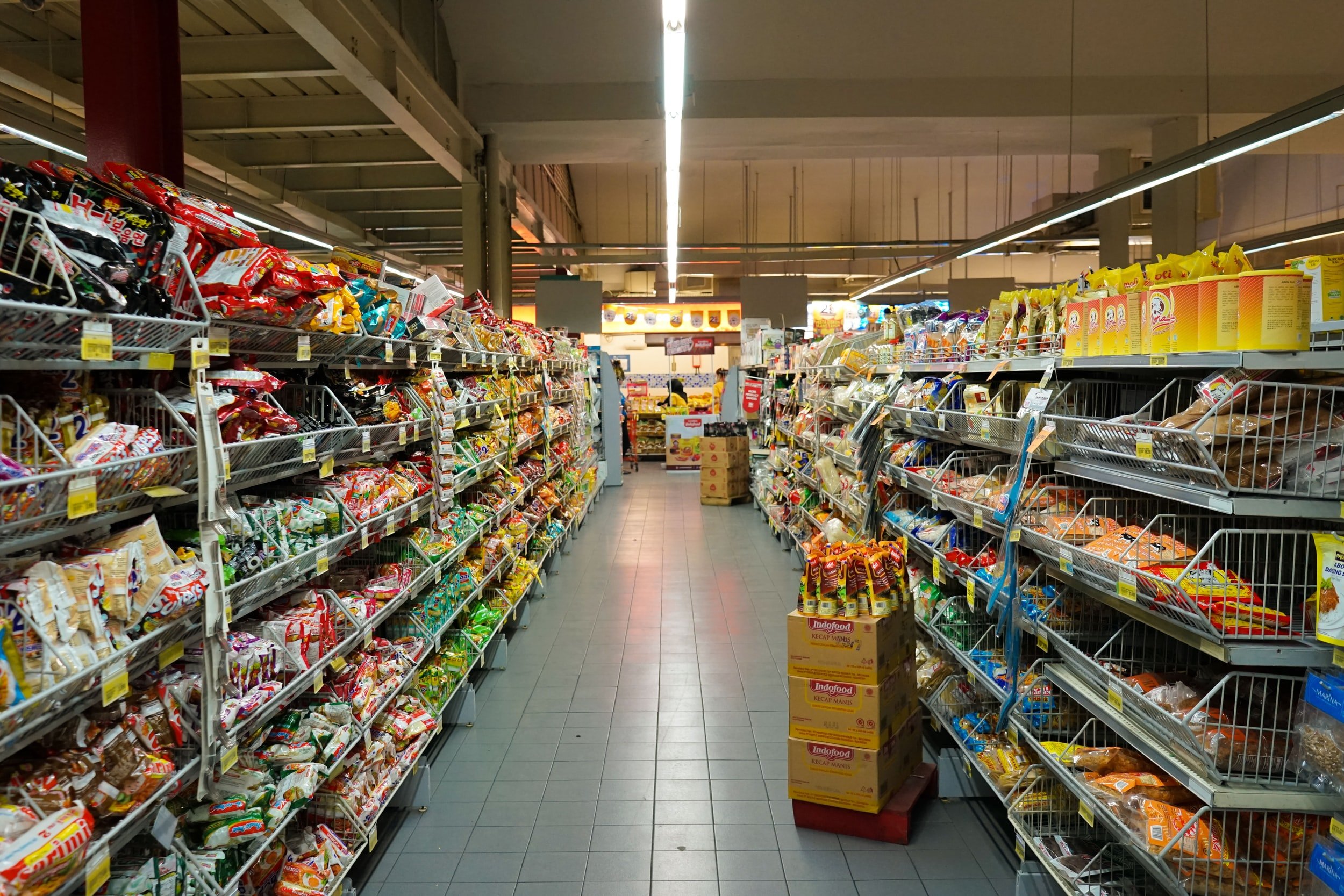Minding the grocery gap
Abraham Maslow’s ‘hierarchy of needs’ positions the lowest rung to be that of physiologic needs: the need for food is the base of any living being’s existence before all other needs. Recent times have proven this to be a challenge, with more and more people across the globe having less access to sufficient and nutritious food. In their latest report on the State of Food Security, the Food and Agriculture Organization (FAO) noted that globally there is a lack of resources to end world hunger and malnutrition by 2030. A 1.5% increase was seen last year alone due to the pandemic, causing the prevalence of undernourishment (PoU) to reach 9.9%, or about 720 million people in 2020. Generally, high-income countries are those that are most food secure with Ireland, Austria, and the United Kingdom holding the highest ranks. Contingently, countries holding the lowest spots are those with low incomes, with African nations having the least food security. One in five people are facing hunger in Africa according to the FAO, which is double that of other regions in the world. Child malnutrition is also, accordingly, most prevalent in regions with little food security. Worldwide, 149.2 million children under the age of five years suffer from stunting, with the majority living in sub-Saharan Africa, Central Asia, and Southern Asia. In the year 2020, almost all countries with low and middle incomes recorded an increase in the PoU five times greater than the highest increase in the past 20 years.
Image credit: Unsplash
The burden of food insecurity is not only pressed upon the shoulders of countries with low and middle incomes. In fact, low food security is also pervasive in countries with high incomes, such as the United States (US). The United States Department of Agriculture (USDA) revealed that 8.6 million Americans currently live with low food security, and one out of four households experienced some form of food insecurity in 2020. With the onset of the pandemic, more homes have experienced food shortage as a result of jobs being terminated. One of the most affected populations are children: close to 14 million households in the US with low food security are homes with children.
An issue that gravely affects food security is the climate crisis. According to the Intergovernmental Panel on Climate Change (IPCC), the rising temperatures, increasing episodes of extreme events, and changes in precipitation have already affected yields for certain crops. Moreover, an increase in cases of heat stress has been observed for some fruits and vegetables as higher temperature speeds up their development cycles leading to yield losses, decreased quality, and in the long run, higher food wastage. The rise in greenhouse gas (GHG) emissions is also attributable to current food systems, which adds up to 21–37% of total emissions. Among these, crop and lifestyle activities account for 9–14%, and land use, land-use changes, and deforestation contribute to 5–14%. The IPCC found that supply-side practices can opt for alternative activities such as reductions in use of certain fertilizers, soil carbon sequestration, better grazing land management, and using higher quality feeds to mitigate their contribution to the climate crisis. Moreover, a reduction in food loss and waste could also lower GHG emissions and, in turn, improve food security since food loss and waste account for 25–30% of total food produced, generating 8–10% of total anthropogenic GHG emissions. As such, a means to address food insecurity from the demand-side could involve mindful purchasing of food to lessen food loss and wastage.
Having access to proper food ensures that a person is getting good nutrition to live a healthy life, in turn lessening their chances of going to the hospital or falling ill. As such, any effort to improve food security by mitigating the climate crisis will inherently create a more healthy population. The provision of sufficient access to food is a means to bridge the gaps in social inequities, allowing people to move up Maslow’s hierarchy of needs towards the pinnacle: self-actualisation.
“Any effort to improve food security by mitigating the climate crisis will inherently create a more healthy population.”

